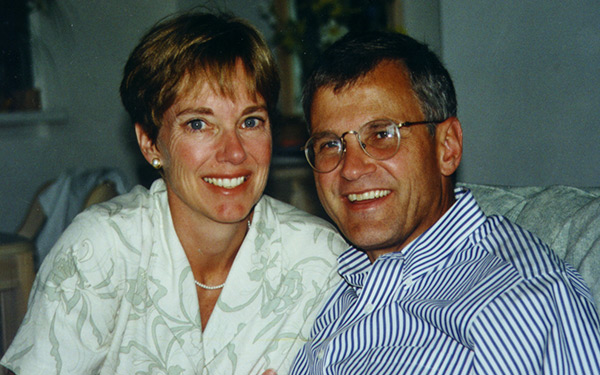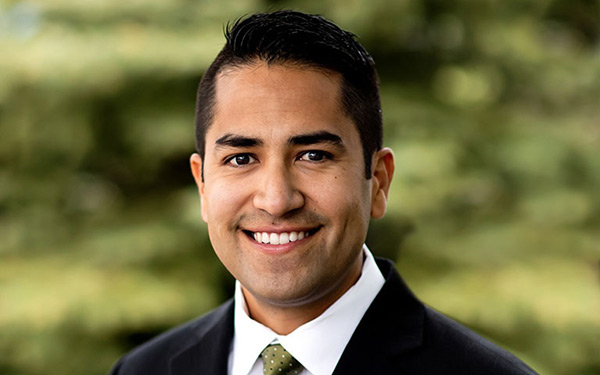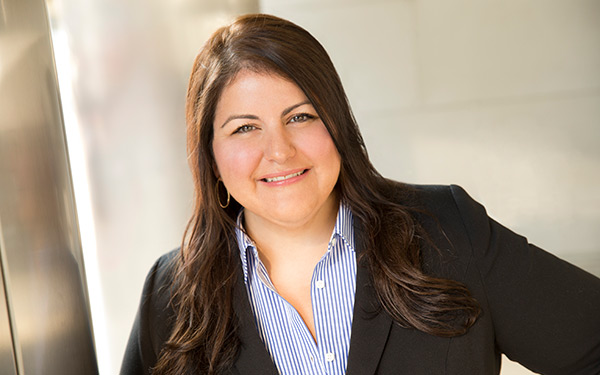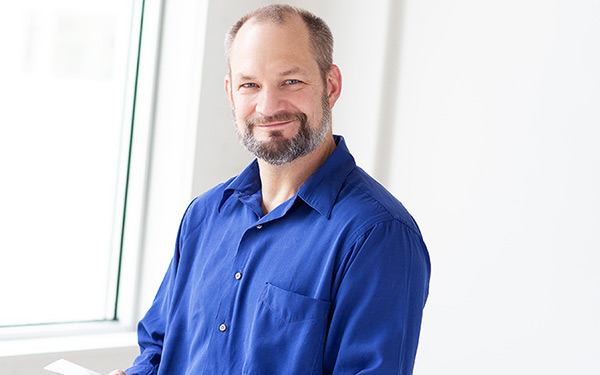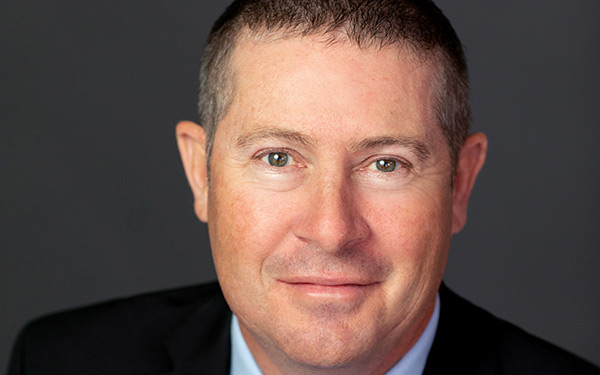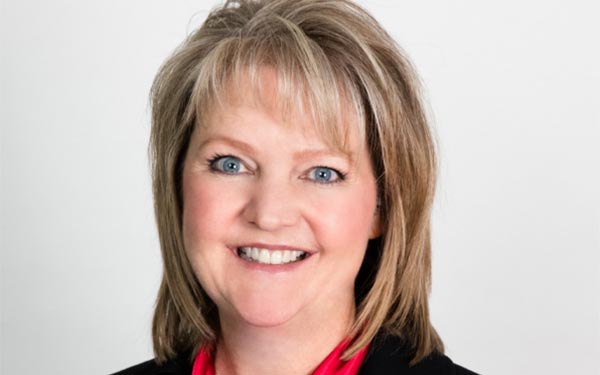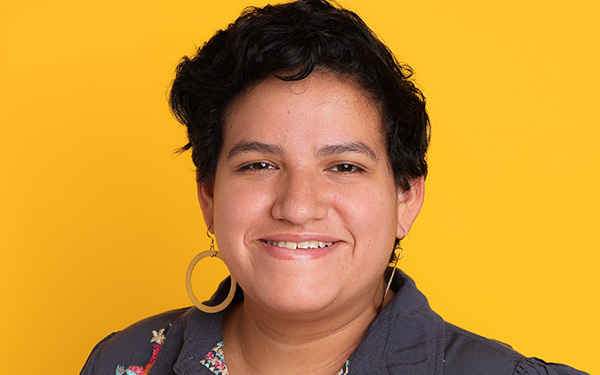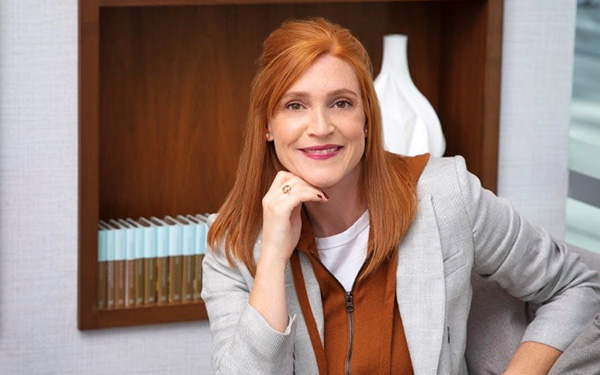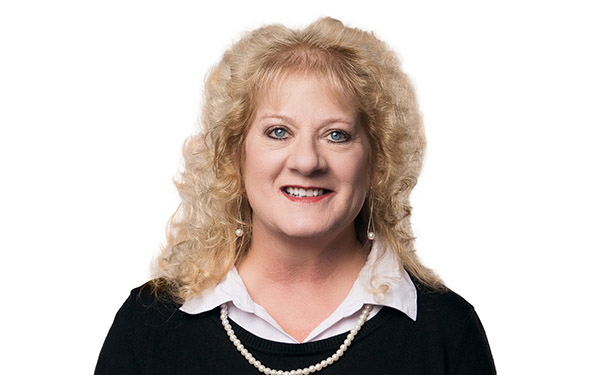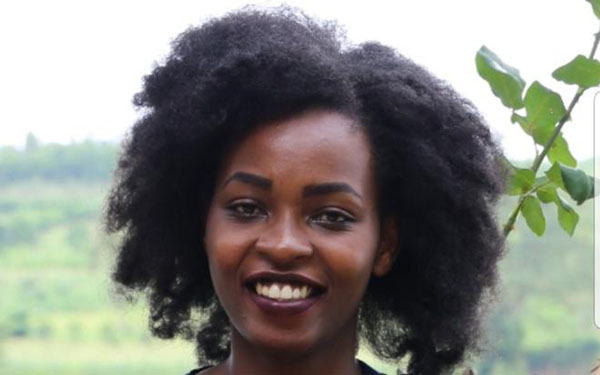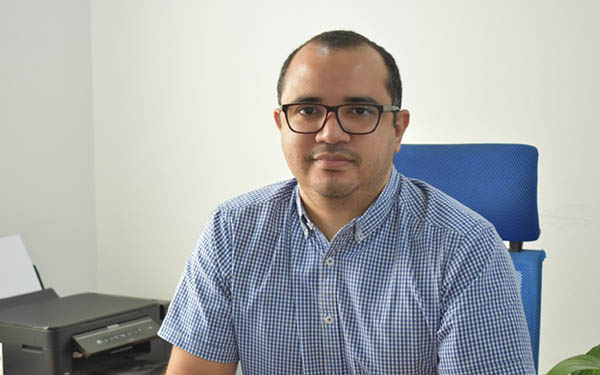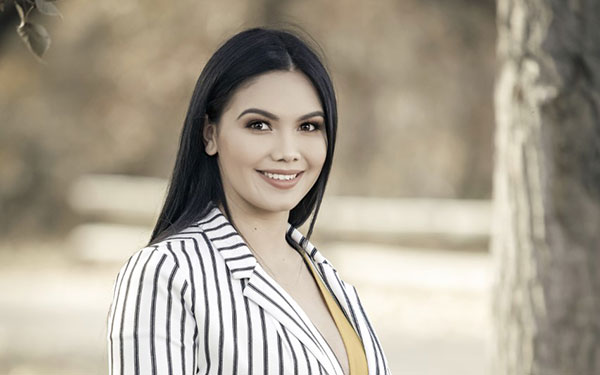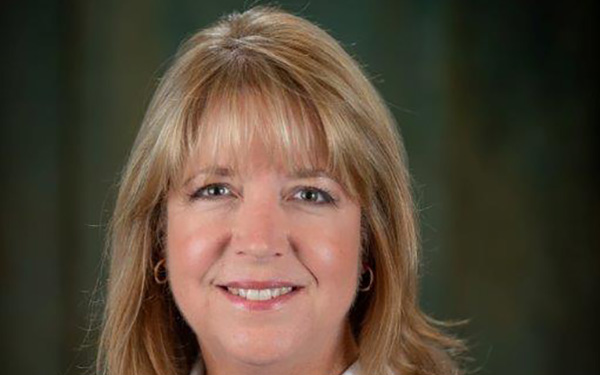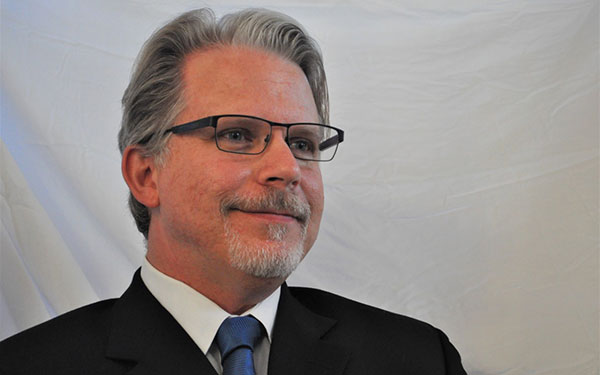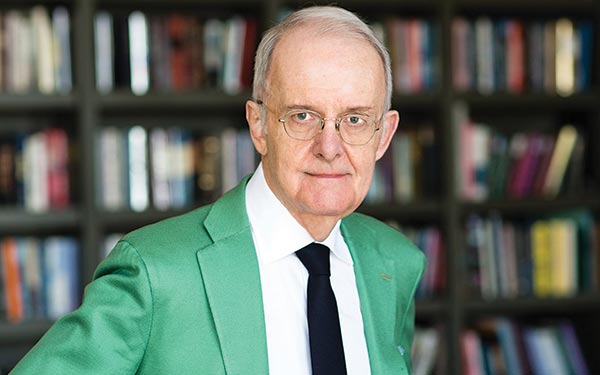
James P. Owen
Where is your Hometown?
I feel blessed to have grown up in a loving, supportive family in Lexington, Kentucky. My father wasn’t rich or famous; he was a dentist and a very modest man, but a man with unshakable principles—the kind of man you would like to have as a neighbor or friend. The thing people still remember about my Dad is that whenever he walked into the room, everyone stood up a little bit straighter. He was the kind of man I still aspire to be.
As for my mother, she was the salt of the earth, and utterly devoted to church and family. She always encouraged me to believe I could accomplish anything I set out to do.
Where are you now?
After living in Austin for a number of years, I recently moved to San Diego with Stanya, my wonderful wife of fifty-two years. I’ve moved into the third act of my career and am as active and busy as ever.
For 35 years, I worked in the investment industry. I shifted gears in 2003, when I came up with the concept of Cowboy Ethics, based on the idea that business ethics depend more on personal character and principles than on laws and regulations. I wrote a best-selling book, Cowboy Ethics: What Wall Street Can Learn from the Code of the West, and reinvented myself as an inspirational author and speaker. With the help of several organizational partners, Cowboy Ethics became a grassroots movement that has touched thousands of businesspeople, students, teacher and parents across the country.
By 2010, when I turned 70, I had realized that I was a physical wreck and had to change my couch-potato ways if I wanted to keep living a productive and satisfying life. I set out to get fit, no matter what, and realized that millions of other older folks were in the same situation as me. I spent two years learning everything I could about fitness, distilling it into a book, Just Move! A New Approach to Fitness After 50. My book was published by National Geographic in 2017 and was named one of the year’s top five books on healthy aging by the Wall Street Journal.
Now I am focused on inspiring older people to adopt healthier lifestyles and reduce their risks of suffering from serious chronic conditions, like heart disease, diabetes, cancer, lung or kidney disease, and Alzheimer’s. As the centerpiece of my public health campaign, I have produced a new half-hour documentary film, The Art of Aging Well, which is airing on PBS stations this fall. And who knows where things will go from here? I wake up each morning energized and driven by a sense of purpose as powerful as I’ve ever felt. I want every older adult to know that it’s never too late to live a healthier and more rewarding life. The COVID pandemic, and the fact that older people are more vulnerable to it, has only amplified my commitment. My goal now is to be “80 years young” and keep doing this work as long as I am able.
What doors did Regis help open for you to get to this point?
The importance of curiosity and lifelong learning was a theme that ran through all my course work. It was truly formative, and has shaped how I’ve approached my work as well as my avocations ever since. To this day, I read everything I can get my hands on and love diving into topics I know little or nothing about.
Regis is also different from most universities in its emphasis on the whole person. The leadership and faculty made it clear that education isn’t just about what you know; it’s as much about who you are and what you do. It’s about developing as a whole person and being clear on the values you live by. I doubt that I would have come up with the concept of Cowboy Ethics had I not had the Regis experience.
Who had the most impact on you during your time at Regis University?
All my professors at Regis were very good, and some were great. But what made the greatest impact on me wasn’t an individual so much as the program itself.
Before I got to Regis, I had virtually no exposure at all to business, accounting or finance. Due to the influence of my closest childhood friend, who was brilliant and grew up in a household of intellectuals, I had come to believe that only pure academic subjects were worthwhile. The truth was that philosophy, anthropology, and literature didn’t really spark my interest, so I felt something must be wrong with me.
Once I started taking business courses at Regis and saw their real-life application, it all clicked. I realized business wasn’t just about making money. Beyond a career trajectory, it gave me a set of practical tools for accomplishing all kinds of goals. I’m especially appreciative of that now that I’m focused on health advocacy and communications.
Speaking of focus, that’s another thing Regis taught me. From childhood on, I was never able to multi-task. Today, I’d probably be diagnosed with Attention Deficit Disorder, but that label wasn’t in such common use then. One of the reasons I chose Regis was that it allowed students to take one subject at a time. I learned that I could accomplish just about any task or meet any challenge if I gave it my complete focus and attention. That habit of mind has served me well ever since.
Favorite Regis memory?
The moment that still stands out for me is the day I graduated summa cum laude. I would never have expected that—but then, I never worked as hard in school as I did at Regis.
Which Jesuit value do you cherish the most and practice as often as you can?
I find the notion of contemplatives in action to be especially powerful. Our society has many grievous problems that defy easy solutions. To be sure, we’ll need thoughtful analysis and reflection to come up with ways of improving the complex and interconnected systems that affect our lives. But beyond that, we need to put understanding into action.
I’ve learned that anyone can make money; it’s much harder to make a difference. That takes hard work and patience. You have to pick your battles, give them your best efforts, and be willing to wait for meaningful progress. At my age, I have to accept that some of the big goals I’m pursuing, like shifting our health care system to a preventive model, may not be met in my lifetime. Still, it’s incumbent upon me to try.
What’s your advice to new students coming to Regis?
Above all, be open. Set aside your preconceptions about what you want to learn and achieve. Give every class your best effort, take it all in and be prepared to be surprised by what engages you. You may discover a passion or a calling you might never have anticipated.
Anything else you would like to add?
Only that all these years later, I’m still grateful for the Regis experience. Whatever successes I’ve had, I can trace back in good measure to the life skills, the work ethic and the confidence I gained there.
If you’d like to connect with James P. Owen, he invites you to connect on LinkedIn and visit his other websites.
*LinkedIn: James P. Owen
*Twitter: @justmovebook
*Facebook: @theartofagingwell.com
*External websites are not under our control and we are not responsible or liable for the contents.
Hometown: Lexington, Kentucky
Major: Business Administration
Graduation Year: 1981

